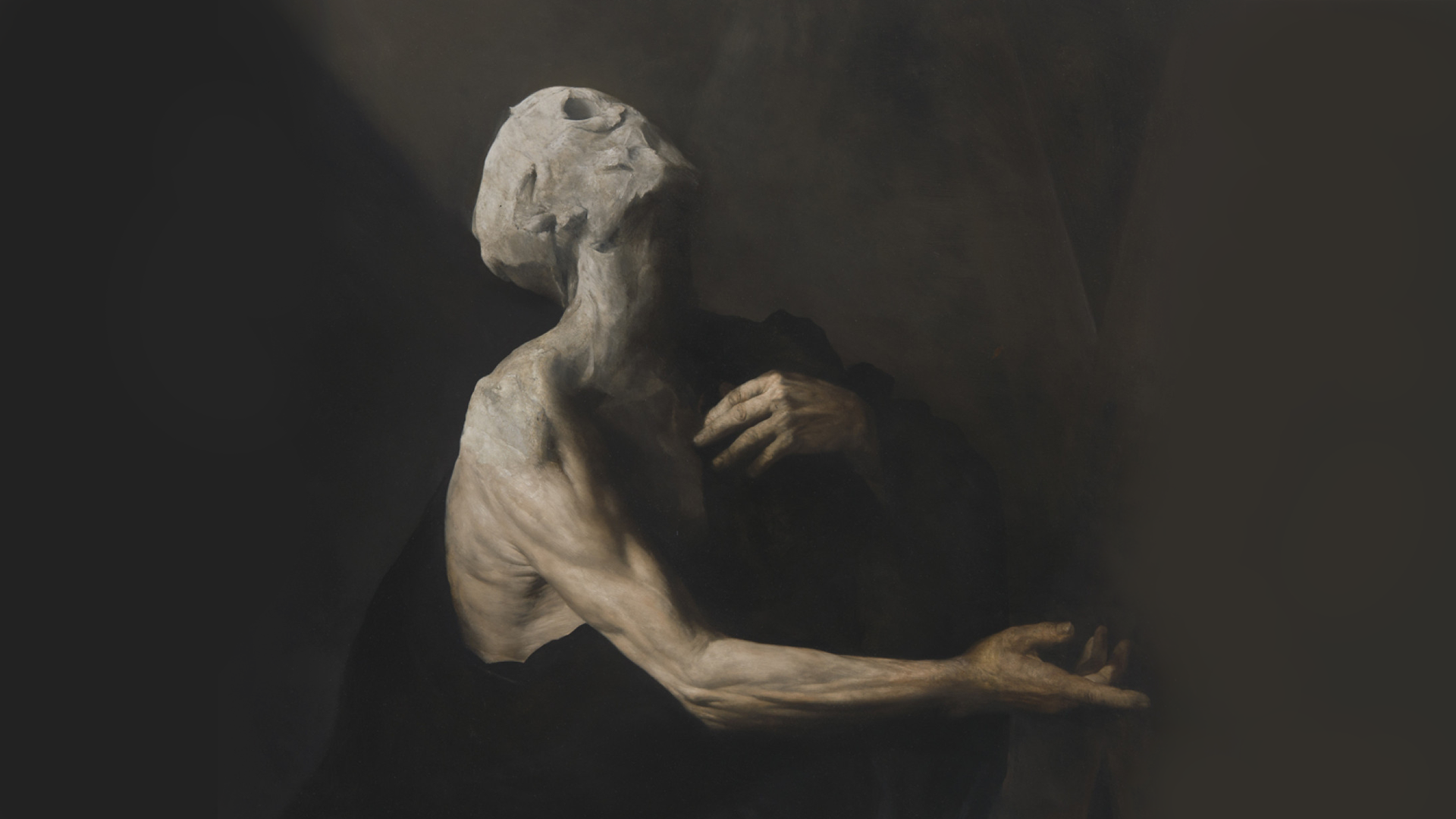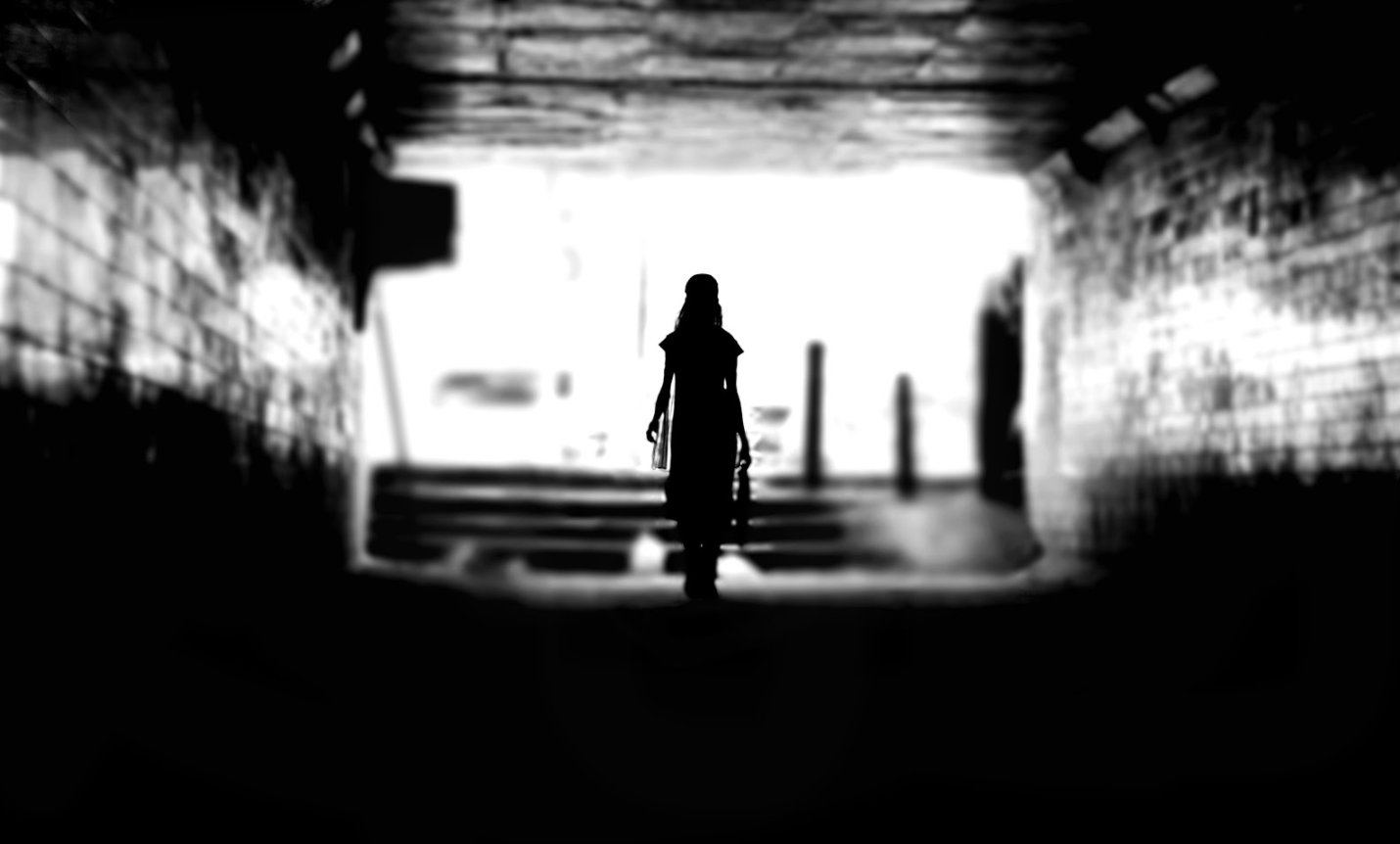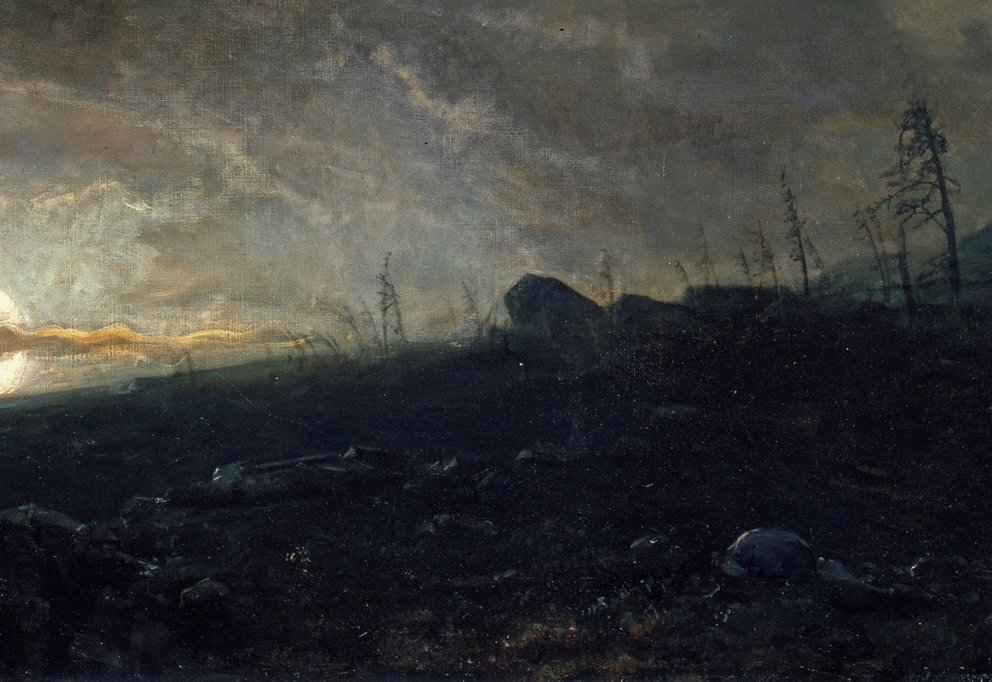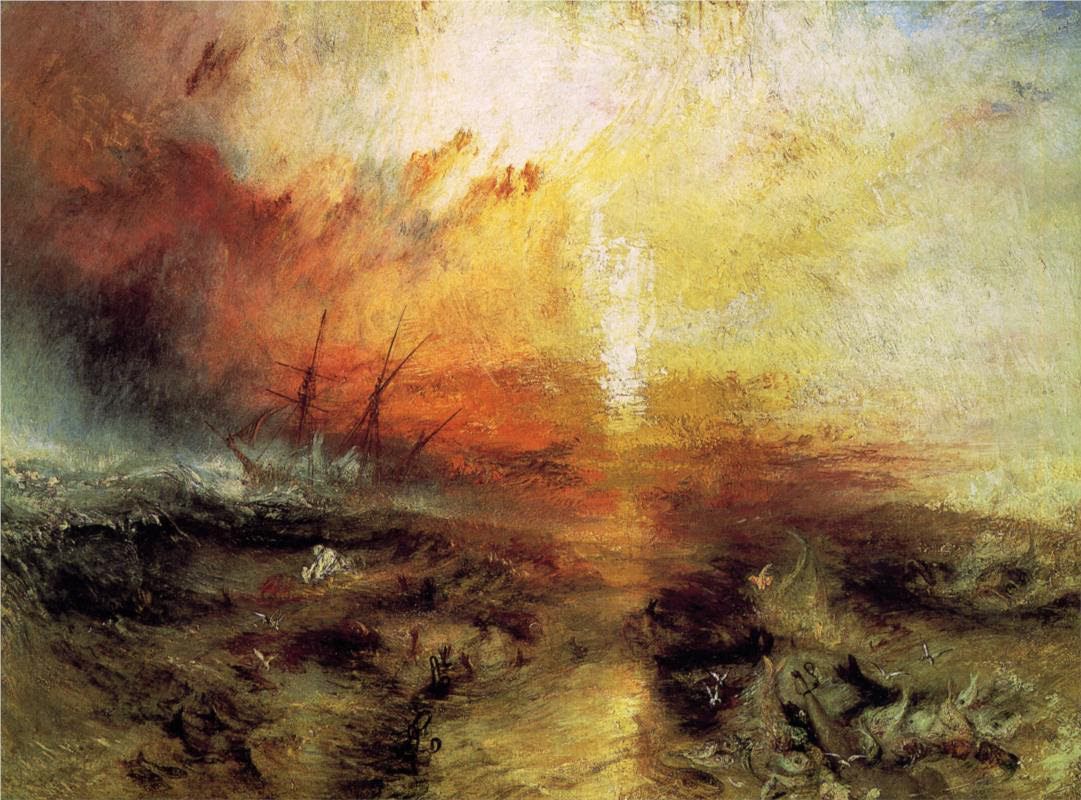Culture
THE E’ER INSCRUTABLE | Alpha and Omega: The Light in the Abyss
|
Standing beneath McGraw Tower at midnight is akin to experiencing the prolonged death throes of an eternity. Every day becomes as the instar of all time en miniature. Sunrise came today at 7:16, and sunset came at 16:34. Every passing minute sends another crumpled leaf falling in a perishing semicircle; long-since dead, each has now given up clinging to even a semblance of its former life. The flood of light at the sun’s rising and the onset of twilight mimic the life-story of the universe as a whole, the first inklings of energy stretching the cosmic fabric outward, and, having vented their smoldering fury to the point of exhaustion, their eventual extinguishment.





